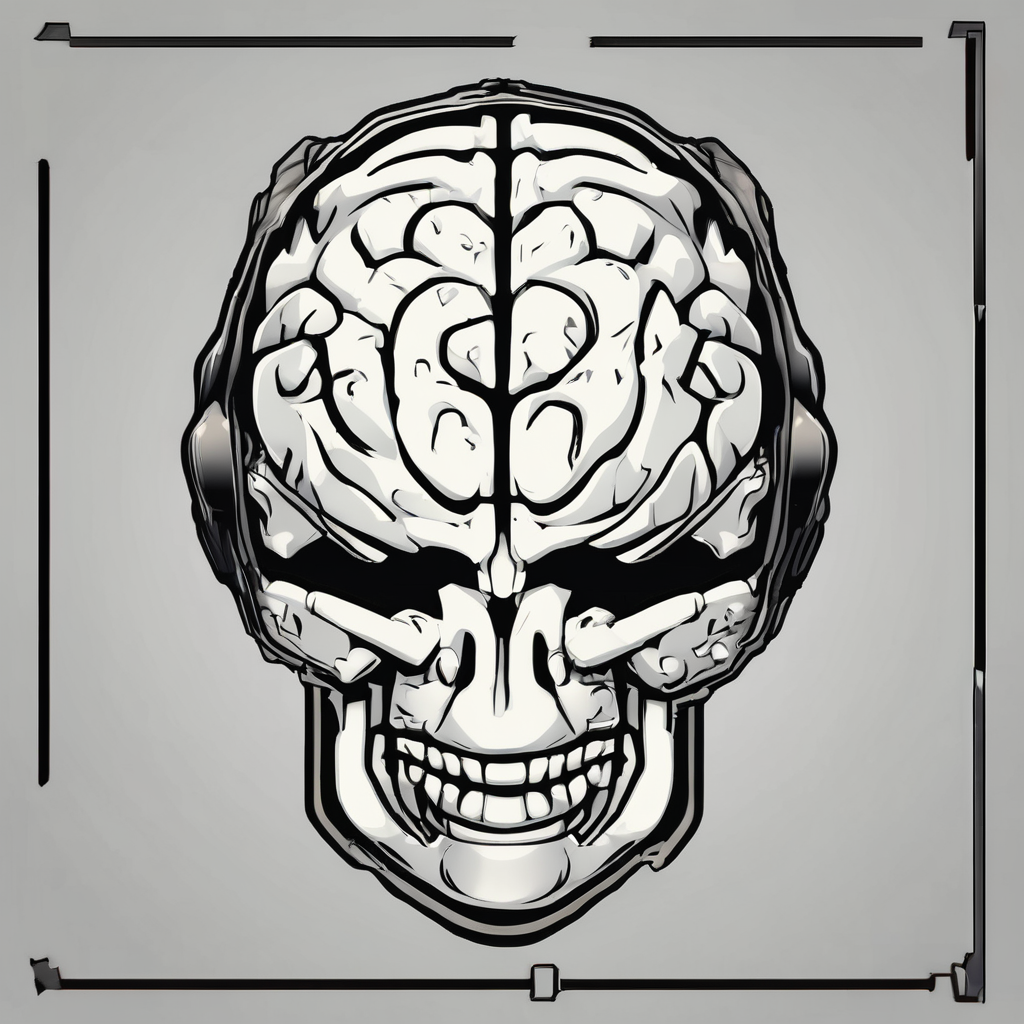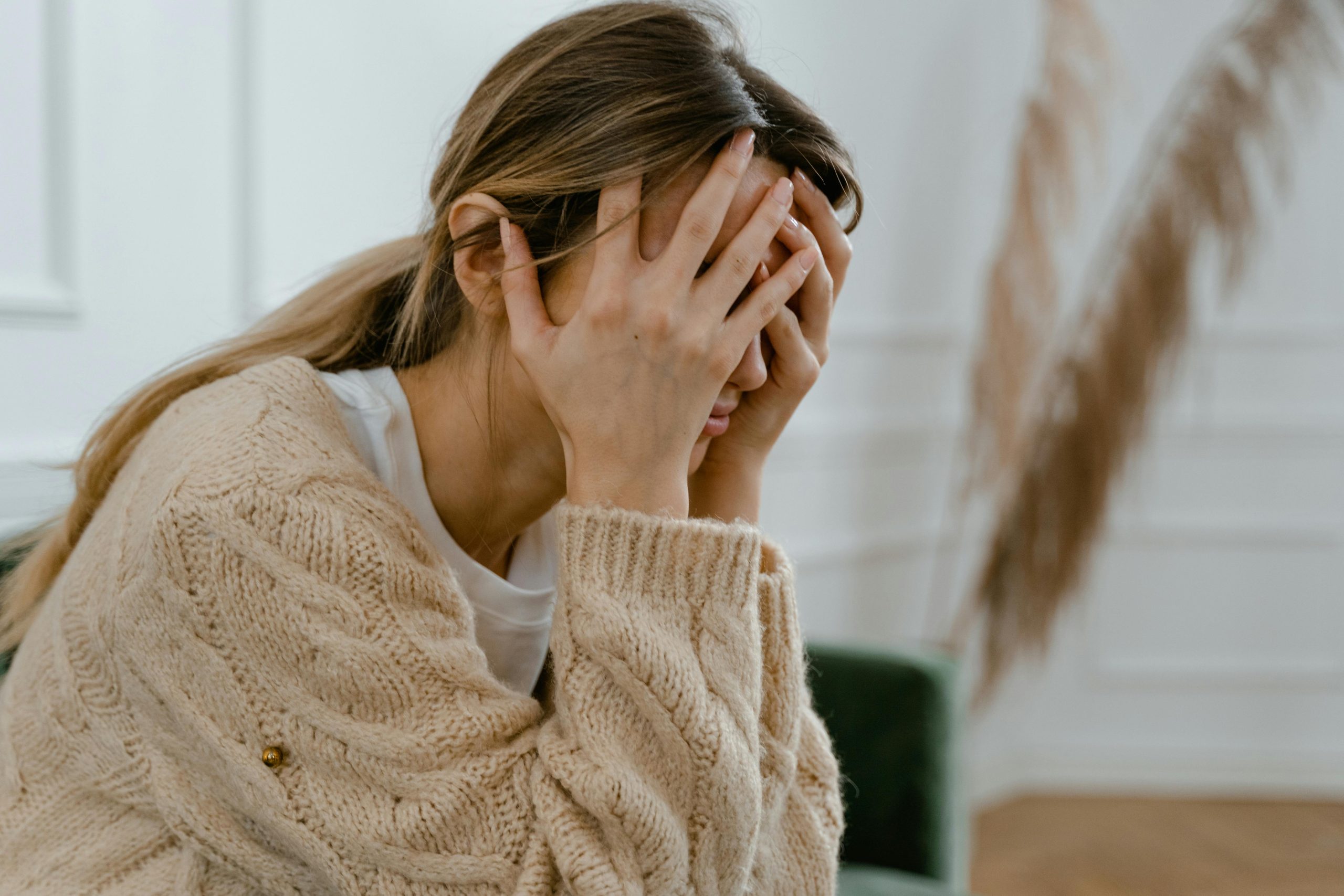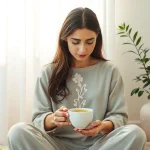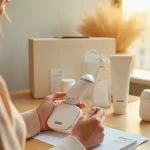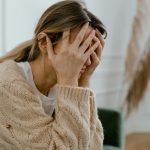Anxiety affects us all differently, often disrupting daily life more than we realise. Gaining control starts with recognising symptoms and using practical, evidence-based tools—like mindfulness, breathing exercises, and structured coping strategies—to reduce stress and rebuild calm. Understanding how anxious thoughts distort reality empowers you to take meaningful steps toward managing anxiety effectively and regaining confidence in your daily routine.
Understanding Anxiety and Its Impact
anxietychecklist.com provides comprehensive insights into anxiety, describing it as a natural response that can become overwhelming. It manifests through physical symptoms like increased heart rate, sweating, dizziness, and muscle pain, alongside mental signs such as persistent worry and concentration difficulties. Behavioral changes may include avoidance or agitation.
In parallel : How to Create an Effective Sleep Hygiene Routine to Combat Insomnia?
Recognizing when anxiety becomes problematic is key. If symptoms persist or interfere with daily activities or relationships, professional help is recommended. The site emphasizes effective anxiety disorder treatment options, including cognitive-behavioral therapy (CBT), medication, and self-help strategies.
Practical techniques like mindfulness, breathing exercises, and journaling are accessible tools to manage symptoms. Additionally, understanding personal triggers, tracking anxiety symptoms, and developing daily routines aid in reducing anxiety naturally. The goal is to regain control and lessen distress, making seeking tailored professional guidance or utilizing support resources from anxietychecklist.com crucial for sustained well-being.
Also read : How Can Cryotherapy Aid in Muscle Recovery for Athletes?
Effective Techniques and Strategies for Anxiety Management
Breathing Exercises and Relaxation Methods
Applying breathing exercises for stress relief can quickly stabilize acute symptoms. One proven approach is diaphragmatic breathing, which involves slow inhalation and exhalation to trigger the relaxation response activation. Progressive muscle relaxation, where each muscle group is tensed and released, encourages both physical and emotional calming techniques for anxious feelings. Visualization exercises, such as guided imagery, direct the mind to a peaceful environment, further enhancing the benefits. These methods, when used regularly, are effective relaxation methods and serve as immediate coping strategies for anxiety symptoms.
Mindfulness and Cognitive Approaches
Daily mindfulness practices for inner peace help interrupt cycles of anxious thinking and foster emotional self-regulation skills. Cognitive-behavioral therapy techniques, like cognitive restructuring, support the process of combating anxious thoughts actively by encouraging realistic reappraisal of fearful situations. Journaling prompts for anxious thoughts and symptom tracking tools can highlight patterns, facilitating understanding anxiety triggers and providing opportunities for targeted behavioral techniques to ease anxiety.
Long-term Lifestyle Adjustments
Lifestyle changes to decrease anxiety address underlying vulnerabilities. Establishing routines, prioritizing sleep improvement to reduce anxiety, and adding physical activity can bolster long-term emotional balance. Mindful nutrition and regular exercise benefits on anxiety levels support overall wellbeing. Identifying rewarding daily habits to lower anxiety naturally keeps stress and emotional regulation consistent, helping to avoid anxiety relapse and empowering self with long-term anxiety management plans.
Professional Treatment Options and Support Resources
Therapy and Counseling
Cognitive-behavioral therapy techniques remain one of the most effective anxiety disorder treatment options. Using practical exercises, CBT challenges unhelpful thoughts and encourages gradual exposure to anxiety triggers, fostering improved emotional self-regulation. For those preferring alternative therapeutic methods for anxiety relief, acceptance and commitment therapy and art therapy can facilitate emotional balance. Qualified professionals assist in tailoring these treatments, ensuring coping strategies for anxiety symptoms are responsive to individual needs.
Support Resources and Community Help
The NHS provides easy self-referral routes to CBT, as well as access to crisis helplines that offer prompt support for managing acute anxiety symptoms. Peer support groups foster understanding by connecting individuals facing similar daily struggles, enhancing stress and emotional regulation. Educational materials, including self-help guides for emotional balance and anxiety management worksheets, serve as tools for combating anxious thoughts actively and learning calming techniques for anxious feelings in varied contexts.
Using Digital Tools and Apps
Anxiety relief apps offer guided meditation to reduce tension, mindfulness practices for inner peace, and breathing exercises for stress relief—all available for tracking progress in anxiety reduction. Trusted platforms like Mind curate anxiety symptom tracking tools, making emotional self-monitoring more accessible. Utilising technology tools aiding anxiety management empowers users to sustain healthy daily habits to lower anxiety naturally and to establish routines for long-term improvement.
Building Resilience and Preventing Anxiety Relapse
Developing emotional self-regulation skills is fundamental for building resilience against anxiety disorder relapse. Precision: Emotional self-regulation involves identifying early anxiety symptoms and applying calming techniques for anxious feelings. Recall: Consistently practicing guided meditation to reduce tension, breathing exercises for stress relief, and cognitive-behavioral therapy techniques increases your ability to stay in control during challenges.
Effective relaxation methods can be customized for daily situations—progressive muscle relaxation, mindfulness practices for inner peace, and relaxation response activation are easily learned and integrated with therapeutic methods for anxiety relief. For example, setting aside time for daily habits to lower anxiety naturally, such as mindful breathing patterns to counter panic attacks, can be incorporated into a morning or evening routine.
When facing stress during life transitions, anxiety symptom tracking tools are essential. These tools reveal patterns and triggers, making it easier to apply targeted coping strategies for anxiety symptoms in real time. Use a self-help guide for emotional balance or journaling prompts for anxious thoughts to continually refine your Mental Health Action Plan.
Maintaining these approaches, supported by technology tools aiding anxiety management, ensures effective relaxation methods are always accessible, helping prevent setbacks and empower ongoing self-care.
